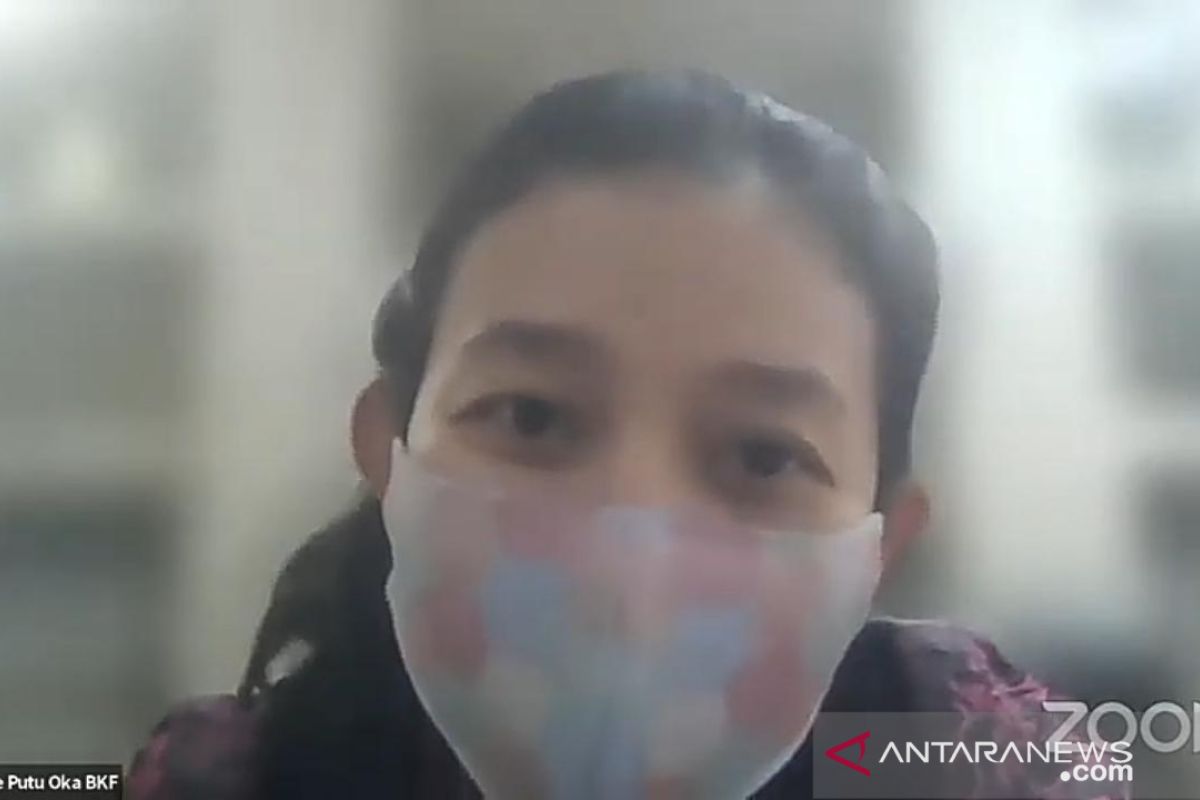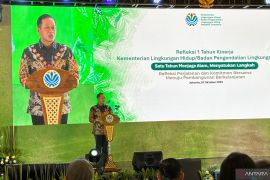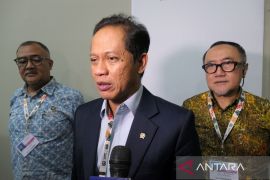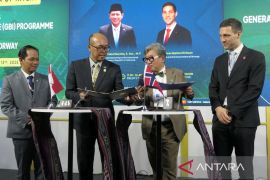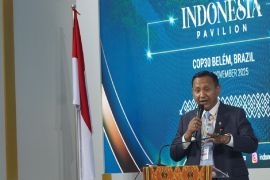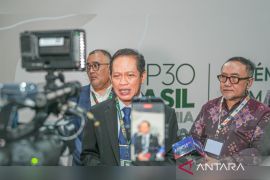"A carbon emission cap for entities will be imposed with carbon tax," she noted during an online discussion observed from here on Friday.
The regulation for this will be harmonized in each sector, adjusted with the threshold within the carbon market mechanism in accordance with each sector's context and objectives, she expounded.
From April 1, 2022, the government will only collect carbon tax from coal-fired power plants whose carbon emissions exceed the determined cap, she stated.
"The cap designation was based on the carbon trade market corridor. This will be conducted in coordination with related ministries which, in the case of coal-fired power plants, is the Ministry of Energy and Mineral Resources," Oka explained.
Business entities, with carbon emissions exceeding the cap, will be requested to purchase the Emission Permission Letter (SIE) or Emission Reduction Certification (SPE), she noted.
These two instruments show that these business entities are permitted to emit more carbon dioxide as compared to other entities, she remarked.
“If these entities do not purchase the SIE or SPE for their exceeded emissions, then the carbon tax will be imposed on the rest of their emissions," she stated.
In 2021, after ratifying the Harmonization of Taxation Regulation Law (UU HPP) that also regulates carbon tax, the government is finalizing the President Regulation on Carbon Economic Value, Oka highlighted.
The government is also developing a technical mechanism for carbon tax and carbon exchange, she noted.
After collecting carbon tax from coal-fired power plants in 2022, the government will fully implement the carbon trade through carbon exchange, she revealed.
The carbon tax collection will thereafter be expanded gradually.
Related news: Ministry reiterates carbon tax necessity for sustainable economy
Related news: Indonesia seeks to roll out carbon tax in April 2022
Translator: Sanya Dinda, Fadhli Ruhman
Editor: Sri Haryati
Copyright © ANTARA 2021
